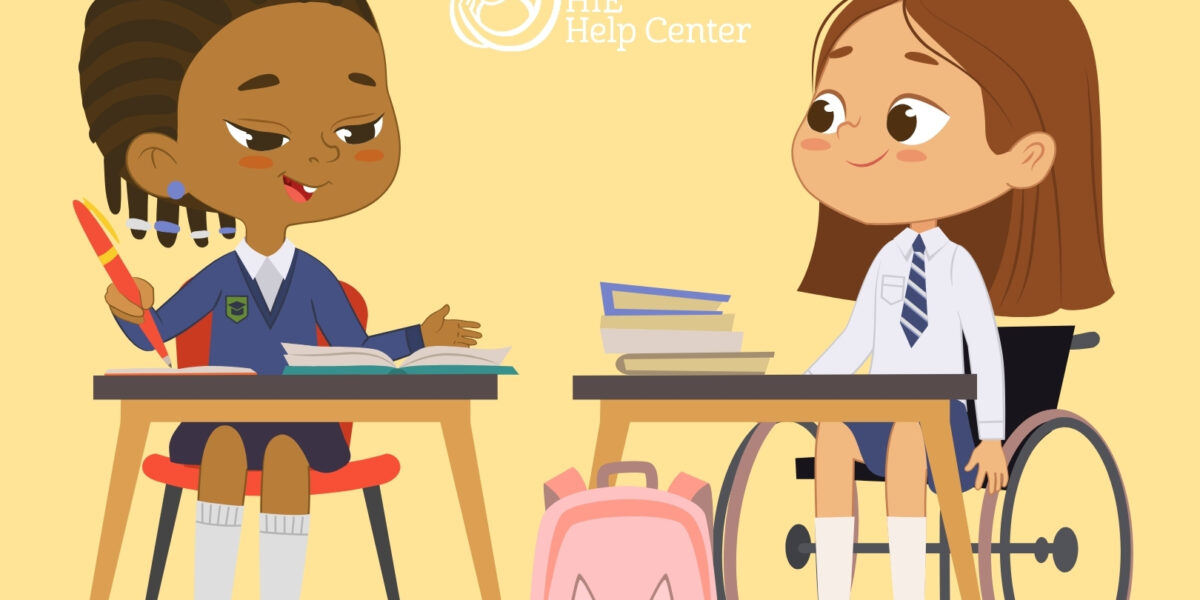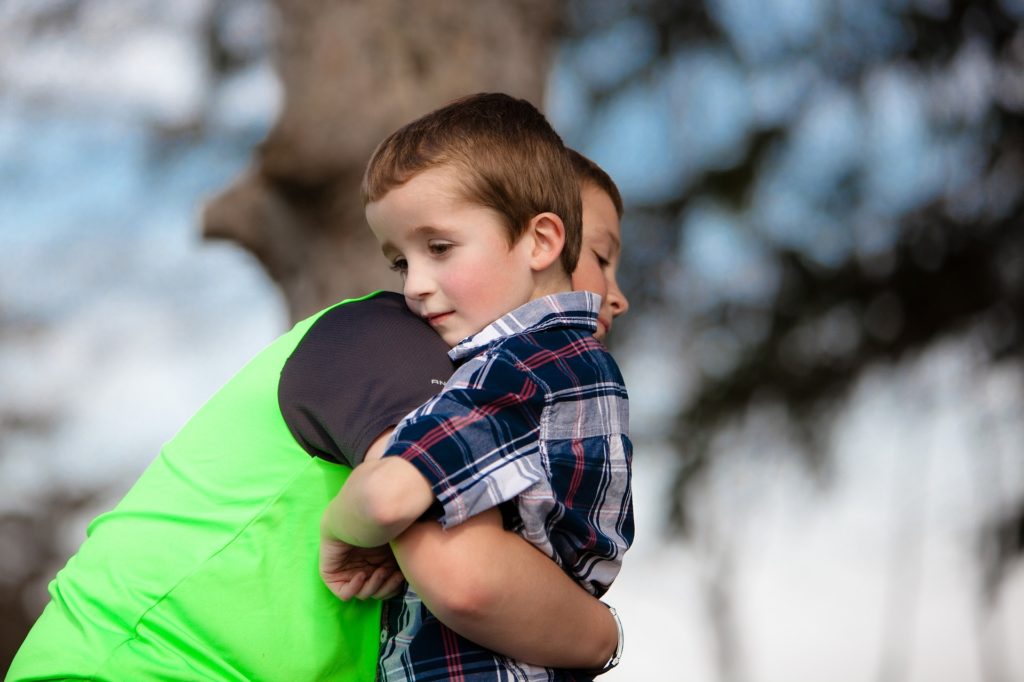Socialization is a process closely connected to communication. It involves connecting to and understanding other people, including the child’s peers, adults, and, as the child grows, individuals in the educational and employment-related settings.
Body Language & Social Cues
 Some children with disabilities can have trouble picking up on body language, social cues, or in recognizing what kinds of social interactions are appropriate for a given situation. To help provide your child with this context, you can consult with:
Some children with disabilities can have trouble picking up on body language, social cues, or in recognizing what kinds of social interactions are appropriate for a given situation. To help provide your child with this context, you can consult with:
- Behavioral therapists
- Psychologists
- Developmental specialists
to determine the best course of action. These professionals can then work with your child to:
- Prevent them from withdrawing
- Help them to express their emotions
- Assist them in developing an understanding of social cues
Group therapy and/or one-on-one counseling can also be effective for some children in helping them to alleviate social anxiety and develop an internal framework for developing friendships and interacting with others. This is critical, as a sense of isolation can have negative impacts on a child’s emotional health, learning and general perception of wellness.
Develop a Social Support System
 In many cases, socialization involves the development of a system of social support. This can include:
In many cases, socialization involves the development of a system of social support. This can include:
- Buddy systems
- Mentorships
- Support groups
- Programs that foster inclusion and group activities
It can also involve providing caregivers with a template for engaging the child in new experiences and providing them with opportunities to explore their environment, play and learn.
Specific programs for kids with disabilities
In some cases, parents may enroll their child in programs specifically designed for children with disabilities. These programs have many advantages, as they are often:
- Facilitated by staffers with experience in addressing the physical & emotional needs of individuals with disabilities
- Often available at the local level
How can I find support?
To find such programs, consult with your child’s teachers, therapists, and any community advocates – they may have access to more extensive information regarding local groups and non-profit organizations. You can also ask about inclusive programs that integrate activities for individuals with disabilities and individuals without disabilities, in order to provide the child with exposure to different social environments. Before enrolling your child in such a program, consider speaking with the program coordinator about ways to help foster inclusion.


